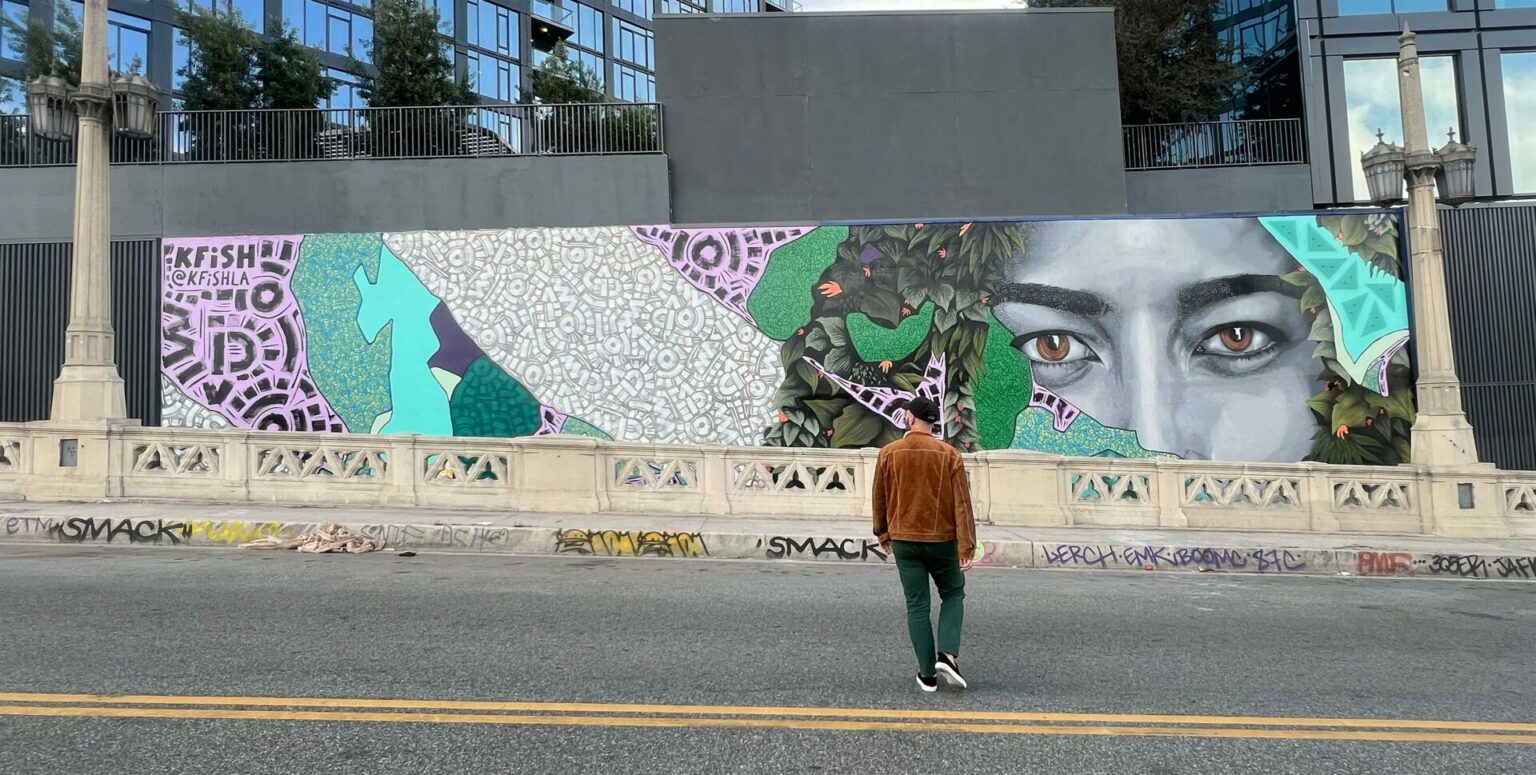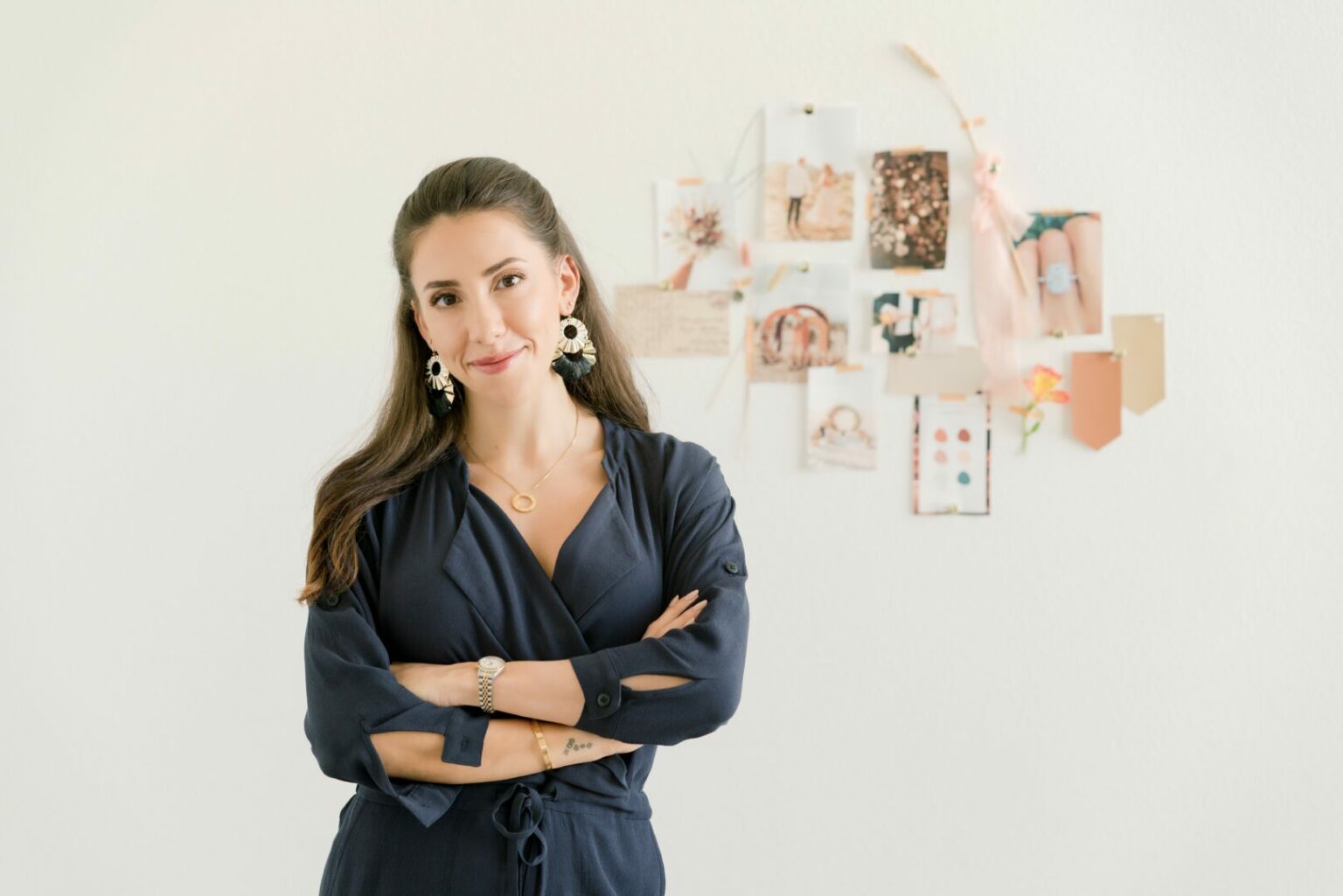We recently connected with Kristin McKay and have shared our conversation below.
Kristin, thanks so much for taking the time to share your insights and lessons with us today. We’re particularly interested in hearing about how you became such a resilient person. Where do you get your resilience from?
I grew up always knowing that my little brother, my favorite person in the world, was going to die young. My brother, Zachary, was diagnosed with a rare, progressive, and terminal genetic disorder called Hunter syndrome. As a small child, I just knew that I had the cutest baby brother that I wanted to take care of and play with. But my understanding of his condition grew rapidly as I aged. In my teen years, the devastation of his diagnosis really hit me hard. I cried at night often. I quickly learned to cherish every moment with my brother. When I went away for college, my worst nightmare came true, his condition began to rapidly worsen. He lost the ability to eat without choking, he could no longer walk after seeing him fall often, he had already lost his speech years prior, and he was quickly bed bound. I had spent so many years imagining the end of life and was so terrified by it. I didn’t quite understand the grief I had been experiencing my whole life and certainly didn’t have the coping skills for it. I had this deep thought that I would crumble at the time of my brother’s passing, that my world would implode, and I unconsciously gave up looking towards the future. But the day came that my brother was put on hospice and I had spent that week seeing his personality gone, his body hooked up to so many supports, and his need for constant pain management. I would lie by his side, holding his hand, and gained the courage to say goodbye, to let him know he didn’t have to fight anymore. And when the nurse confirmed his passing on November 23, 2015, my younger sister immediately turned to me with tears in her eyes and hugged me tight. That hug changed my life. It was in that moment I finally realized that I was still needed. My sister needed me, my parents needed me, and my brother needed to know that I could live on without him here. My lifelong fear had finally become reality and I didn’t crumble because I finally saw a purpose for me after saying goodbye to my best friend. This lesson has prepared me to be the resilient fighter that my son needed just 2 and half years later when we received his diagnosis of Hunter syndrome at just 20 weeks gestation.
Thanks, so before we move on maybe you can share a bit more about yourself?
My son, Charlie, was born in 2018. The first year of his life was spent in the midst of undergoing a stem cell transplant for his Hunter syndrome. We spent 4 months living in the hospital and then many months following trying to recover from his transplant and a severe brain injury he suffered due to his heart stopping for 35 minutes in the operating room. But once we were finally settled in to our new way of life, I jumped head first into Project Alive. At the time of Charlie’s diagnosis, I decided to jump right into the solution after those initial tears. I found Project Alive and saw a video of these parents that hand banned together to raise money for a potential cure. That video filled me with hope. I vowed to get involved and fight alongside them. In 2020, I began volunteering for Project Alive, joined their board of directors in 2021, and was hired as the organization’s Executive Director in 2022. I spend every day focused on the Hunter syndrome community. I am proud to say that due to the efforts of our community and organization, we have Hunter syndrome on the Recommended Uniform Screening Panel for newborn screening of the disease, there are 4 active clinical trials for Hunter syndrome, and we are seeing some headway with our advocacy efforts with the FDA to see these drugs reach approval. This year, we have been dedicated to listening to the community, paying special attention to where there are gaps, where families like my own still struggle with daily life. In 2024, we are launching many new resources and programs to help address these gaps. I’m excited to expand our focus to not only fight to save lives, but also fight to improve them too.
There is so much advice out there about all the different skills and qualities folks need to develop in order to succeed in today’s highly competitive environment and often it can feel overwhelming. So, if we had to break it down to just the three that matter most, which three skills or qualities would you focus on?
I have learned so much from how I handled my brother’s diagnosis, the depressive state I went through following my son’s devastating brain injury, and from watching other parents tackle the grief we face. The three things that have kept me happy and positive enough to continue my fight, not only for my own son but for the future babies diagnosed with Hunter syndrome, are as follows:
1. I have found the balance between acceptance and never losing hope. On those days where I’m consumed by anger, sadness, grief, and fear, I practice this mantra by saying it out loud to my son, “I love you exactly as you are in this very moment.” What that means to me is that in this particular moment, I am going to stop and just love him, That’s easy because I do love him without any contingencies. I don’t need him to be cured or learn how to talk or walk for me to love him. I love him no matter what. But that statement still leaves room for me to hope and for me to fight. I can love him just as he is in this moment, bringing myself back to the present and out of my head where the fear and grief lives, and still do everything in my power to help him live and help him improve. What I know is that it does not serve him or myself any good to be consumed by my fears. I want to be present for him, soaking up all the special moments. But that’s not to say I can’t set aside time to process my grief, let it in, and have those feelings. They are real and I can’t run from them. I can make sure that they don’t control me though and cause me to miss out on the beauty that is my son.
2. Let others in. I spent my entire adolescents pushing others away. I felt so different from my peers. I couldn’t relate to their worries and I felt like they couldn’t understand mine. I didn’t know any other families with a child like my brother. I felt angry and alone and I allowed that to separate me from others. I was great at making friends but terrible at keeping them. Now, I bring people in. I see that people love my son, I want them to. I want him to grow up surrounded by people that love him. We have friends that are part of our Hunter syndrome community, friends from his school where kids have a variety of diagnoses, and friends that have no connection to the rare disease world outside of us. What I have found is that people will be there by our side when I let them, when I pull them closer instead of pushing them away. When those hard days come, I have done the prep work to not be alone by building up a community around me. I need people and I especially need them there when I’m struggling.
3. Use your struggles to be of service to others. Nothing has put tiny pieces of my heart back together like helping someone else going through similar challenges. When I do this, my pain becomes useful. It means so much to me when I can be the support that someone else so desperately needs. Instead of tightly hanging onto the resentment from the challenges we have faced, I want to do what I can to make changes so that the next family has it a little bit easier. I’ve yet to find anything that is more healing than being of service.
Alright, so before we go we want to ask you to take a moment to reflect and share what you think you would do if you somehow knew you only had a decade of life left?
The biggest challenge we always face is time. Hunter syndrome is a progressive disorder and the damage done cannot be reversed. As a community, we feel the urgency constantly. While others are celebrating their child’s birthdays, we are getting hit with the harsh reality that another year has gone by of Hunter syndrome robbing our children of their skills and health. Our fight is to get others to feel that urgency too. We are currently working hard to get the FDA to understand this. Current FDA requirements are to have a control group and to show significant clinical improvement. Having kids with Hunter syndrome in a control group, even for just a year, is unethical because that’s a year of irreversible damage. In one year, a child can forever lose their ability to talk, as just one example of a long list of possibilities. We have documented natural history to compare against. We can show that a drug is effective by comparing treated children to the long history of boys, like my brother, that were left untreated. We also need to be able to use biomarkers to prove effectiveness, not just clinical outcomes. We know that an increase of the enzyme they are missing and a decrease in the cellular waste that reeks havoc on their bodies and brain leads to less Hunter syndrome related damage. Children that enter these clinical trials at 3, 4, or 5 years old likely already have irreversible damage that causes an inability to show specific improvement in things like speech. Our families don’t need a miracle drug that takes away every sign of Hunter syndrome to accept it as a treatment. Yes, that’s our dream, but we need a drug that will keep them stable and keep them alive. We need it now. We need the FDA to know that we are fighting against the clock and we would go to any length to help our children.
Contact Info:
- Website: https://projectalive.org/
- Instagram: https://www.instagram.com/projectalive/
- Facebook: https://www.facebook.com/projectalive
- Linkedin: https://www.linkedin.com/in/kristin-mckay-b8327771/












